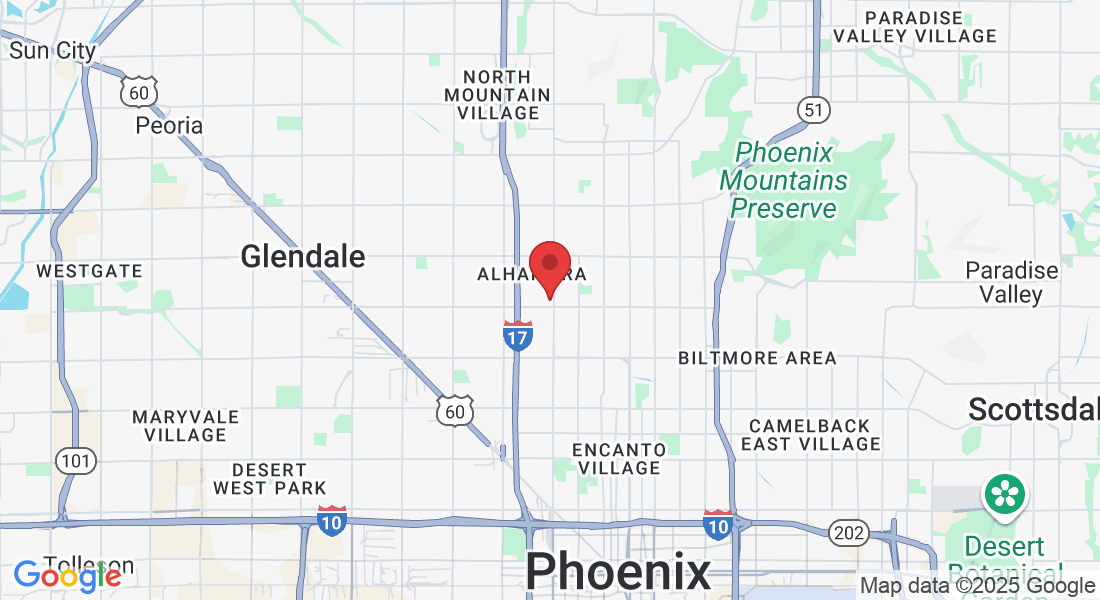ENLARGED PROSTATE (BPH)
Are you ready to experience life without urinary symptoms?
Schedule a consultation today!
Leading The Way In Cutting Edge Medical Procedures
Are you living with ...
Frequent urination, especially at night
Weak urine stream
Urgency to urinate
Incomplete bladder emptying
Urinary retention
Discomfort or pain during urination
We perform a non-surgical procedure to treat symptoms associated with an enlarged prostate.
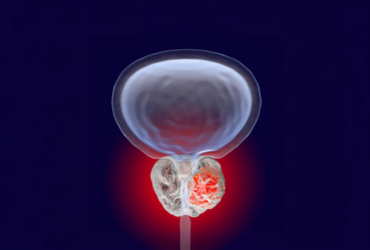
Precision Procedure
Prostate Artery Embolization (PAE)
Prostate Artery Embolization is a specialized procedure within our suite of Precision Procedures. It involves carefully reducing the blood flow to specific areas of the prostate that are causing symptoms. This personalized and targeted approach helps shrink the prostate, alleviate urinary symptoms, and improve quality of life without the need for major surgery.
Avoids Major Surgery
High Success Rate (75-90%)
Treats the Root Cause of Enlarged Prostate
Preserves Prostate Function
Minimally Invasive Procedure
Less Risk Than Traditional Surgery
Fast Relief
Rapid Recovery
Minimal Scarring
Enhanced Quality of Life
Are you a good candidate for our procedure?
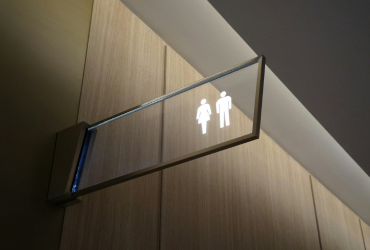
Call if you suffer from one or more of the following:
Frequent urination, especially at night
Weak urine stream or difficulty starting urination
Urgency to urinate
Incomplete bladder emptying
Urinary retention
Discomfort or pain during urination
Symptoms lasting >1 year
Failed conservative treatments - Medications, Lifestyle Changes
Our Advantages
Our advantages: Escape the dread of major surgery and the risks tied to medication side effects. Reclaim your nights for restful sleep, dive back into cherished activities, and reconnect at social gatherings you've missed. Sidestep the pitfalls of frequent urination and discomfort, and regain your comfort and quality of life.

Precision Relief Mapping
Precision relief mapping allows us to create a detailed blueprint, identifying the unique blood vessels supplying your prostate. Treatment is deployed precisely to these locations using Prostate Artery Embolization for maximal relief with minimal intervention.
Precision Procedures
With the detailed map in hand, we perform a gentle, precision guided procedure, targeting the specific problem area while minimizing damage to surrounding structures and tissue.
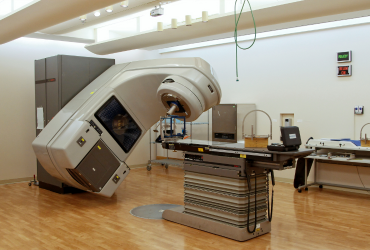

Personalized Treatment
Precision relief mapping with an angiogram allows us to create a detailed blueprint of the blood vessels supplying your prostate. By identifying the specific arteries that supply blood to the enlarged prostate, we can precisely target these vessels during Prostate Artery Embolization. This personalized approach ensures that the embolization is tailored to your unique anatomy, maximizing relief with minimal intervention.
Rapid Recovery
Recovery from Prostate Artery Embolization (PAE) is generally considered to be rapid, especially when compared to traditional surgical options like transurethral resection of the prostate (TURP) or open prostatectomy. Patients typically experience minimal discomfort, shorter hospital stays, and quicker return to normal activities.


Why Benign Prostate Hyperplasia (BPH) Usually Worsens
Benign prostatic hyperplasia (BPH) is a condition characterized by the non-cancerous enlargement of the prostate gland.
As the prostate enlarges, it can gradually compress the urethra, which passes through the center of the prostate. This compression obstructs the flow of urine, leading to increased resistance during urination.
Over time, this obstruction causes the bladder muscle to work harder to expel urine, which can lead to bladder muscle thickening and weakening. The increased bladder pressure and reduced urine flow contribute to a range of urinary symptoms, including difficulty starting urination, a weak urine stream, and the sensation of incomplete bladder emptying.
As BPH progresses, the prostate continues to grow, exacerbating these symptoms. The ongoing enlargement can also cause the bladder to become overactive, leading to urinary urgency and frequency, particularly at night (nocturia).
The persistent and worsening symptoms of BPH often become more challenging to manage without intervention, as the mechanical obstruction and the body's compensatory responses to the enlarged prostate can further compromise urinary function and quality of life.
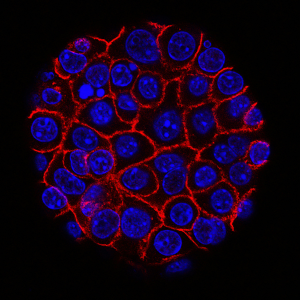
Our Simple Process

Get In Touch
Contact us now to see if you're a candidate for our innovative procedures.

Clinic Visit
If you're a candidate, we'll schedule a clinic visit with one of our doctors. Get expert guidance and a clear path forward.

Procedure Day
The day you've been waiting for! Experience the power of advanced medical imaging technology combined with precisely targeted, minimally invasive procedures.
Google Reviews
What Our Patients Are Saying

Providers

Locations

Appointments
FAQ
What is prostate artery embolization (PAE)?
Prostate artery embolization (PAE) is a minimally invasive procedure used to treat benign prostatic hyperplasia (BPH), or an enlarged prostate. During PAE, tiny particles are introduced into the blood vessels supplying the prostate, reducing blood flow and causing the prostate to shrink, which helps relieve urinary symptoms.
How does prostate artery embolization work?
PAE works by targeting the arteries that supply blood to the prostate. An interventional radiologist gently introduces a catheter into the blood vessels via a small access point in the thigh and injects tiny particles to block these vessels, reducing blood flow to the prostate. This causes the prostate to shrink, alleviating symptoms of BPH.
Am I a good candidate for PAE?
You might be a good candidate for PAE if you have moderate to severe urinary symptoms due to BPH that have not improved with medications or other conservative treatments. A consultation with your doctor will help determine if PAE is the right option for you.
What are the benefits of PAE compared to other treatments for BPH?
PAE offers several benefits over other treatments for BPH. It is minimally invasive, meaning no major incisions or stitches are required. Recovery time is shorter compared to traditional surgery, and many patients experience significant improvement in urinary symptoms. PAE also preserves sexual function, which can be affected by other treatments.
What can I expect during the PAE procedure?
During the PAE procedure, you will be given mild sedation to help you relax. The procedure typically takes about 1 to 2 hours.
Is the PAE procedure safe?
Yes, PAE is generally a safe procedure with a high success rate. As with any medical procedure, there are risks, including infection, bleeding, or damage to surrounding tissues. Your doctor will discuss these risks with you and take every precaution to ensure a safe and successful procedure.
How long is the recovery time after PAE?
Recovery time after PAE is relatively short. Most patients can return to normal activities within a few days to a week. You might experience some mild pain or discomfort for a few days, but these symptoms generally improve quickly.
How effective is PAE in treating BPH symptoms?
PAE is highly effective in treating BPH symptoms, with many patients experiencing significant improvement in urinary symptoms. Studies show that PAE can reduce prostate size and alleviate symptoms such as frequent urination, weak stream, and difficulty emptying the bladder.
Will PAE affect my sexual function?
One of the advantages of PAE is that it typically preserves sexual function. Unlike some surgical treatments for BPH, PAE has a lower risk of causing erectile dysfunction or retrograde ejaculation.
How soon will I notice symptom relief after PAE?
Many patients begin to notice symptom relief within a few weeks of the PAE procedure. Full improvement can take a few months as the prostate continues to shrink and symptoms gradually diminish.
Is PAE covered by insurance?
PAE is often covered by insurance, but coverage can vary. It's best to check with your insurance provider to understand your specific benefits and any out-of-pocket costs you might incur. Our office staff can also assist you with insurance-related questions.
What are the long-term outcomes of PAE?
The long-term outcomes of PAE are generally positive. Many patients experience significant and lasting relief from BPH symptoms, improving their quality of life. Regular follow-ups with your doctor will help monitor your condition and ensure lasting results.
How do I schedule a consultation for PAE?
To schedule a consultation for PAE, contact us. Our friendly staff will assist you in setting up an appointment with one of our specialized interventional radiologists, who will evaluate your condition and discuss your treatment options. We're here to help you improve your prostate health and quality of life.
About Us
True Precision Medical is a team of interventional radiologists dedicated to providing advanced, minimally invasive treatments for vascular health, women's health, men's health, orthopedics, and more. We combine cutting-edge medical imaging technology with precision procedures to offer affordable, effective care, bypassing traditional healthcare system hurdles. Our mission is to deliver fast relief and better outcomes, all while ensuring full transparency and patient education.
Clinic Info
6036 N 19th Ave Suite 204
PHOENIX, ARIZONA 85015
Phone: 480-616-0356
Fax: 480-616-0603
Email: [email protected]
© 2024 True Precision Medical. All rights reserved. Policies. Terms & Conditions.
